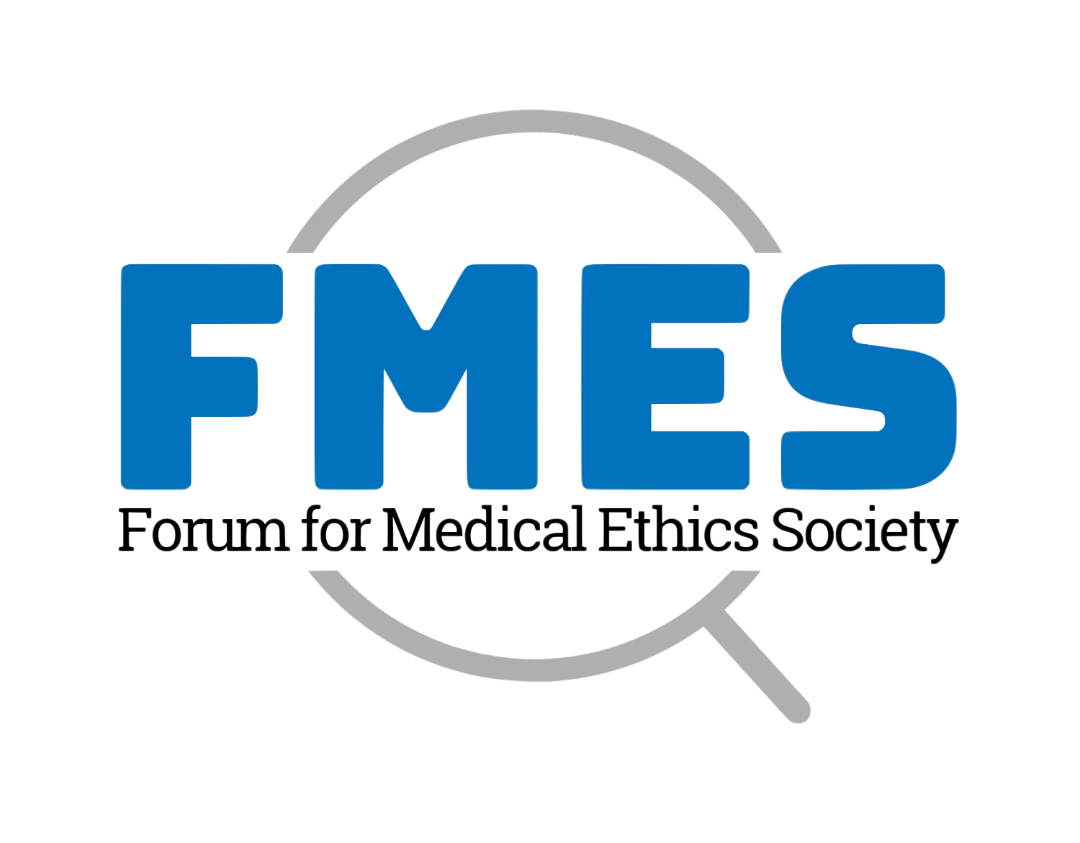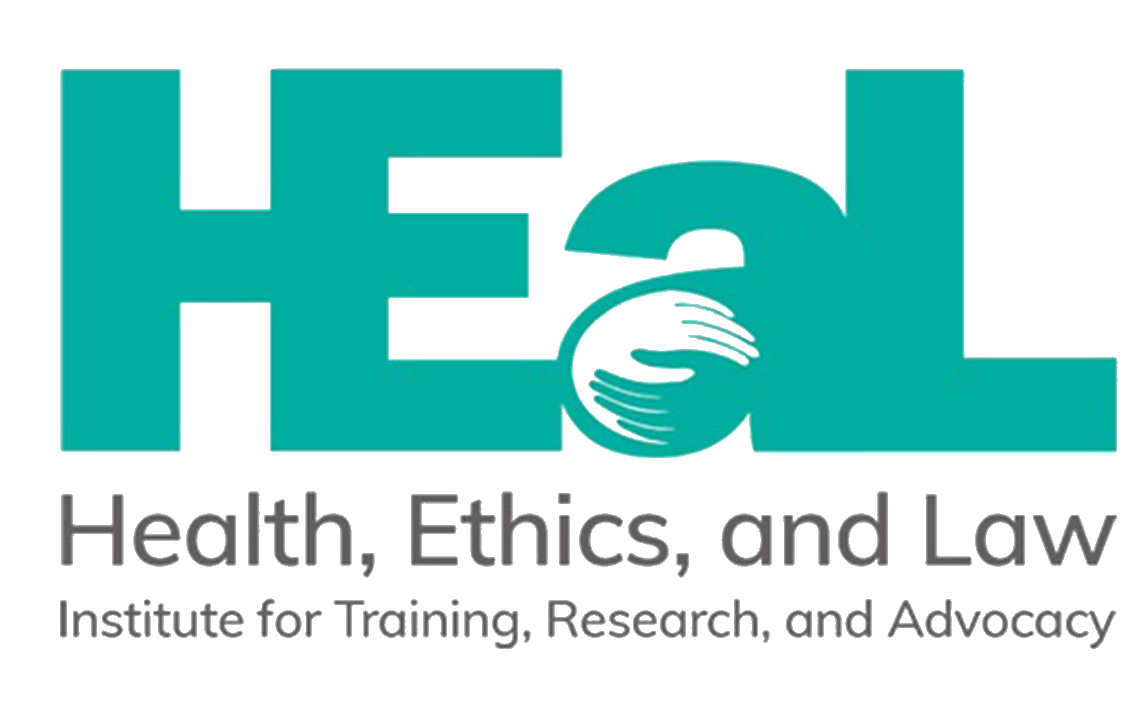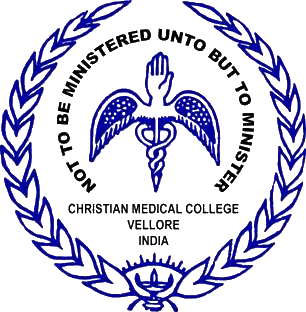The Forum for Medical Ethics Society, Mumbai
Founded in 1993 by a group of medical practitioners disillusioned by unethical medical practice, it evolved into a wider umbrella group for individuals from diverse backgrounds interested in bioethics. FMES publishes Indian Journal of Medical Ethics (IJME), the only indexed and peer reviewed leading journal on bioethics in India and South Asia. In 2005, it established a platform, namely National Bioethics Conference (NBC), for reflection, debate and coming together of people interested in the improvement of the healthcare system. Since then NBCs are organised every two years. So far seven such NBCs have been organised, each attracting between 350 to 700 participants. They are co-hosted by various entities – academic institutes, and non-government organisations; and FMES in different cities of India. Although called National Bioethics Conference, it does attract participants from the South Asia region as well as from the Global North.
Indian Journal of Medical Ethics, Mumbai
In 1992, eight doctors known for their eminence in ethical practice and concern for the public health system established a panel on the platform of Forum for Medical Ethics (FME) and contested the Maharashtra Medical Council (MMC) elections. By sending out a letter to all doctors in Maharashtra and by using the media for creating public awareness on the role and responsibilities of the Medical Councils, the FME strove to bring the implementation of medical ethics to the centre of the debate in the election. The FME ensured that votes for the members of its panel were voluntarily sent through mail by each voter on his/her own in the postal ballot system used for the elections at that time. The group also witnessed massive rigging of the elections by the candidate-doctors supported by money power and politics. The electoral malpractices were documented in detail by the group, and presented to the Mumbai High Court in a PIL and also communicated widely through the first newsletter, entitled “Medical Ethics”, published in August 1993.
Medical Ethics found wider support from the profession and the public, and was brought out every three months and gradually expanded its scope. When it applied for registration as a journal with the Registrar of Newspapers, New Delhi, it was provided a new title, and so from January 1996, it was brought out as Issues in Medical Ethics. Later, when the Registrar of Newspapers accepted our application for the change in name, the journal started coming out as Indian Journal of Medical Ethics from January 2004.
Movement for Global Mental Health (MGMH)
The Movement for Global Mental Health is a network of individuals and organisations that aim to improve services for people living with mental health problems and psychosocial disabilities worldwide, especially in low- and middle-income countries where effective services are often scarce. Two principles are fundamental to the Movement: scientific evidence and human rights.
The history of the Movement began in 2007 with a Call for Action published in the first Lancet series on global mental health. Through volunteerism and collaboration, the Movement has gradually grown to a stage where members are able to share ideas, initiate activities and seek resources, often in partnership with other members.
The Movement has grown to a membership of around 200 institutions and 10,000 individuals, many of who are actively involved. Members of the Movement include individuals and families affected by mental health problems, health care providers, activists, decision makers and researchers worldwide. For the most recent membership figures, click here
The Movement offers multiple benefits to both individuals and organisations that join its thousands of members, including possibilities for networking, knowledge sharing, joining national and international campaigning, news updates and participation in a bi-annual summit. By joining and being active in global mental health, you can contribute importantly to achieving the Movement’s aims.
The organisation of the Movement is the joint responsibility of the Secretariat based at SA Federation for Mental Health, and the international Advisory Board, who act in accordance with the Movement’s Charter.
Make a donation to the Movement for Global Mental Health and support the work of the Movement. CLICK HERE to make a donation. Complete your details and follow the prompts to where you select “credit card” to finalize payment. *Make sure that you add in brackets the word “Summit” after your email address. E.g. [email protected] (MGMH)
BALM Banyan Academy of Leadership in Mental Health, Chennai
Banyan Academy of Leadership in Mental Health (BALM) strives to bridge treatment and care gaps through research, social action and education, to build effective and ethical leadership in the mental health sector for vulnerable populations. BALM began in 2007, a decade after the beginning of The Banyan, as a knowledge hub to disseminate research on mental health and document best practices of The Banyan. It was established as an institution of learning, research, training, and more. The broader vision was to build a cadre of mental health professionals through training and education, inform policy & implementation programmes through research, and run pilot programmes to find scalable solutions through social action.
MISSION
BALM uses knowledge and skill transfer, social action programmes, leadership training and research as pivots in collaboration with diverse partners, particularly persons with lived experience, to understand and address persistent and complex problems, social suffering and exclusion so as to reframe the narratives around mental ill health and develop equitable mental health and system using a social justice framework
Education
To educate, train, and nurture human resources in the mental health sector using transdisciplinary approaches to cater to vulnerable and disadvantaged communities.
Research
To study existing models of The Banyan to enhance quality of care for key constituents, and their scalability across diverse geopolitical and socioeconomic contexts. In addition, engage in health systems and policy research for deeper understanding of the historicity of care planning, adaptability to evolving needs, and effective resource mobilization to make models sustainable.
Social Action
Build pilot programmes that will offer emergency, community-based and long term care services for persons poor and homeless with mental health issues and social needs care offerings extended to families in psychosocial distress.
Centre for Mental Health Law & Policy (CMHLP), Pune
We imagine a just and equitable world through enhancing communities' capabilities for mental health and well-being.
Founded in 2007, the Centre for Mental Health Law & Policy (CMHLP) is based in Pune at the Indian Law Society (ILS). ILS, our parent body, is a not-for-profit that was established as a charitable society in 1923.
Our mission is to strengthen and transform the mental health of our communities to be holistic and responsive in addressing individual and collective well-being.We facilitate pathways that enable people to lead healthy and fulfilling lives. To apply a rights-based approach, we collaborate with stakeholders from multiple disciplines including policymakers, mental health professionals, researchers, civil society organisations, persons with lived experience and the media.
We work nationally & internationally, with a specific focus on vulnerable &marginalised populations across low- and middle-income settings.
Our work addresses the United Nations Sustainable Development Goals.
We primarily focus on:
- Policy Change: Working with governments to promote evidence-based policy reform and implementation for mental health and suicide prevention.
- Implementation Research: Partnering with communities to develop, implement, and evaluate innovative & sustainable real-life solutions to improve mental health, suicide prevention, and social outcomes.
- Capacity Building: Working with diverse stakeholders using participatory learning to promote a shift in knowledge, attitudes, and practice towards mental health for all.
Our work is divided in to 7 thematic areas:
- Law & Policy Reform
- Community-based Mental Health
- Suicide Prevention
- Strengthening Mental Health Systems
- Peer Support
- Youth Mental Health
- Training & Education
Understanding Mental Health
There is no Health without Mental Health.
WHO estimates that mental, neurological and substance use disorders make up 10% of the global burden of disease. Around 1 in 5 of the world’s children and adolescents has a mental disorder. Depression is one of the leading causes of disability, affecting 264 million people in the world. Moreover, almost 0.8 million people commit suicide every year in the world, and globally, suicide is the second leading cause of death among individuals aged 15-29 years.
Nearly 7.5% of the Indian population suffers from some form of mental disorder. India accounts for 15% of the global mental, neurological and substance abuse disorder burden. Moreover, persons with mental disorders are also known to be associated with a wide range of social and societal problems, if their illness is unrecognized or is inappropriately managed. An even more troubling fact is that there is an extreme shortage of mental health workers like psychologists, psychiatrists, and trained nurses in India. For example, there are only 3 psychiatrists per million people in India, while the corresponding figures for the USA and China are 105 and 22 psychiatrists, respectively. A huge majority of mental health professionals are located in urban areas. Hence, the shortage of trained mental health specialists in rural India is more severe.
Over the past 24 years, Sangath has been working to develop evidence-based innovative intervention programmes in mental healthcare. Our approach, based on collaborative care frameworks and delivered by lay health workers, has been successful in bridging the mental health treatment gap for various health problems such as common mental illnesses, across the age spectrum. Sangath’s research evidence-based interventions like HAP (Healthy Activity Program) for Depression and CAP (Counselling for Alcohol Problems) for Alcohol Use Disorder have made mental health services more accessible and affordable in low and middle-income countries. Sangath believes in designing innovations which can ultimately be scaled up through primary care or community delivery platforms. We are also actively involved in projects and programmes that support children and vulnerable people, empowers community, engages adolescents and youth on mental health through digital and community activities, promotes mental health in schools, and supports rights, opportunities and care for individuals with mental disorders.
In Sangath, we believe that it is not just about having ideas but making ideas happen, that makes the difference.





